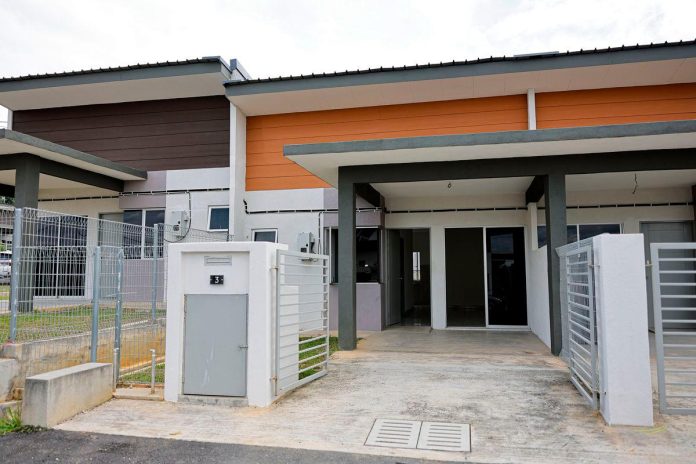PETALING JAYA: Estate and legacy planning is designed to protect loved ones, yet many Malaysians often delay the process until it is too late.
Islamic financial and estate planner Nur Elaine Aisyah Abdullah attributes this hesitation to procrastination, misinformation and the discomfort of discussing death.
“Many people put off estate planning simply because there’s no immediate deadline. Unlike investments or savings, which offer visible returns, the benefits of estate planning only become apparent after death, so it rarely feels urgent.”
Elaine, a certified Islamic financial planner with the Islamic Banking and Finance Institute Malaysia, said many are unaware of the administrative burden that can fall on families in the absence of a clear plan.
“There are also cultural misconceptions, particularly among Muslims, who often believe that Faraid (Islamic law of inheritance) will automatically take care of everything. But Faraid only provides a distribution framework, it does not handle paperwork or ensure a smooth process.”
Without a will, she said the consequences can be both emotionally and financially devastating. In her seven years of experience, Elaine has seen families embroiled in conflict due to confusion and disputes.
“One of the biggest issues is that heirs often don’t even know what the deceased owned. Was there an investment account? A property? An e-wallet? These assets frequently go unclaimed because no one knows they exist.”
Even when the assets are known, unclear instructions can lead to disagreements, she added.
“Liquid assets such as cash is relatively straightforward to divide. But what about a house or business? Without a will, it can turn into chaos,” she warned.
Elaine explained that Malaysia’s inheritance laws involve both civil and Syariah legal systems.
For Muslims, she said the Faraid system assigns fixed shares – typically, sons receive twice the share of daughters, and adopted or stepchildren are excluded, unless provisions such as hibah (voluntary gifts) are made. The process involves securing a Sijil Faraid (Faraid certificate) from the Syariah Court, followed by a Letter of Administration.
For non-Muslims, the Distribution Act 1958 applies in the absence of a will, dividing assets according to a standard formula, also through a lengthy legal process.
“The idea that you can just walk into Amanah Raya and get everything sorted out is wrong. Every asset – whether EPF, property or shares – requires different documents and approval steps. Nothing is automatic.”
To help Malaysians take the first step, Elaine offers a clear and practical roadmap. She recommends beginning with a full inventory of one’s assets, from bank accounts and EPF savings to property and company shares.
“Next, identify beneficiaries – legal heirs and anyone else you wish to benefit. Decide how you want your assets distributed, then speak to a licensed professional to formalise it through a will or trust.”
Equally important, she stressed, is keeping the plan up to date.
“Review regularly – update your plan annually to reflect any changes in your life,” she added.
Elaine sees estate planning as a “final act of love”.
“It brings clarity, prevents conflict and ensures that everything you’ve worked hard for ends up in the right hands.”
Interestingly, she said women are leading the way in estate planning.
“Some 70% of my clients are women. It’s often the wife who initiates the conversation, even in single-income households.
“Stay-at-home wives tend to have more time to seek guidance, while dual-income couples are often too busy.”
Elaine encourages young couples to begin estate planning early, ideally after marriage or when purchasing their first property.
“That’s when responsibilities increase and significant assets come into the picture. Planning early ensures your intentions are clear.”
For those worried about cost, Elaine said there are affordable options available.
“Estate planning services are now offered through government agencies and registered trust companies. Many even provide complimentary consultations. The key is to seek advice that fits your unique family situation.”
At its core, Elaine said legacy planning is not about death, it’s about love.
“And the best time to start is now,” she added.








